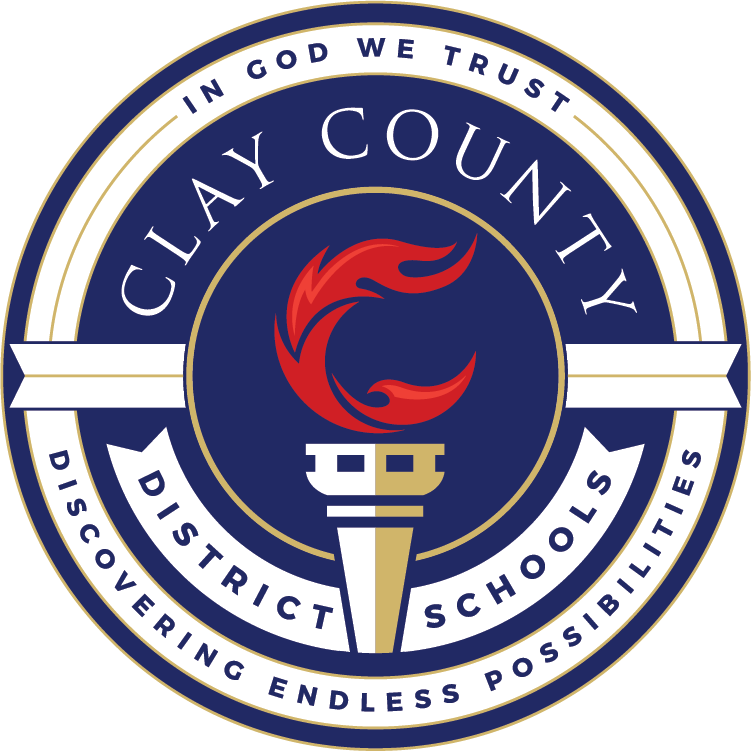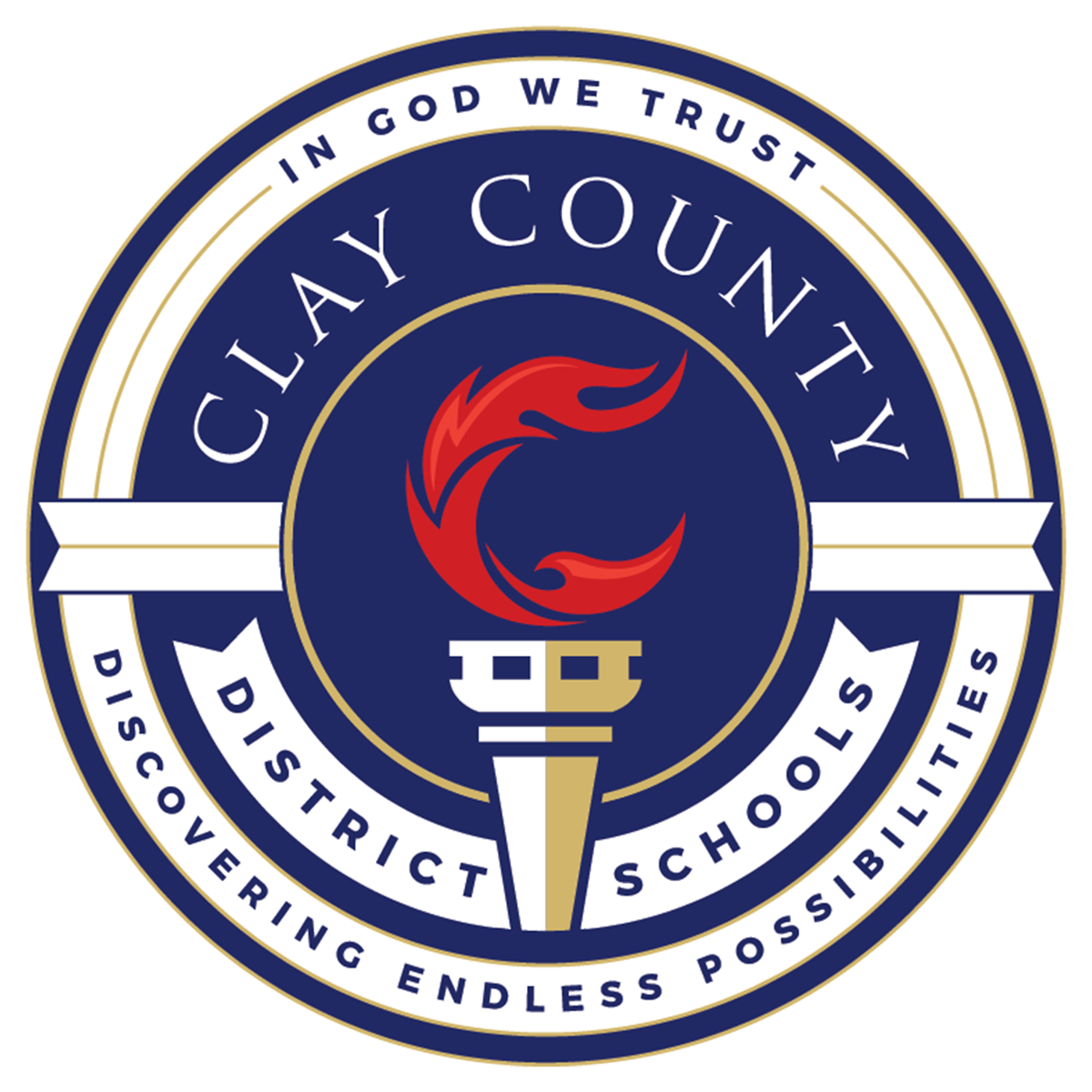Employee Handbook 2025-2026
Employee Handbook Acknowledgement Statement
This handbook is not intended to take the place of School Board Policies, directives or master contract language, but should be read and used in conjunction with these documents. It shall continue to be effective until a replacement handbook is distributed. It is the responsibility of all employees to familiarize themselves with and follow the guidelines set forth herein.
The School District of Clay County is an Equal Opportunity Employer. We do not discriminate on the basis of race, religion, color, sex, marital status, age, national origin or disability. Employment of personnel in Clay County is in compliance with Federal and State Laws regarding nondiscrimination and preference. Individuals with disabilities are encouraged to apply. Any person who believes he or she may need reasonable accommodations during the application, testing or interview process should notify the appropriate department or school office in advance.

David S. Broskie
Superintendent of Schools
Clay County School Board
District 1: Erin Skipper
District 2: Robert Alvero
District 3: Beth Clark
District 4: Michele Hanson
District 5: Ashley Gilhousen
